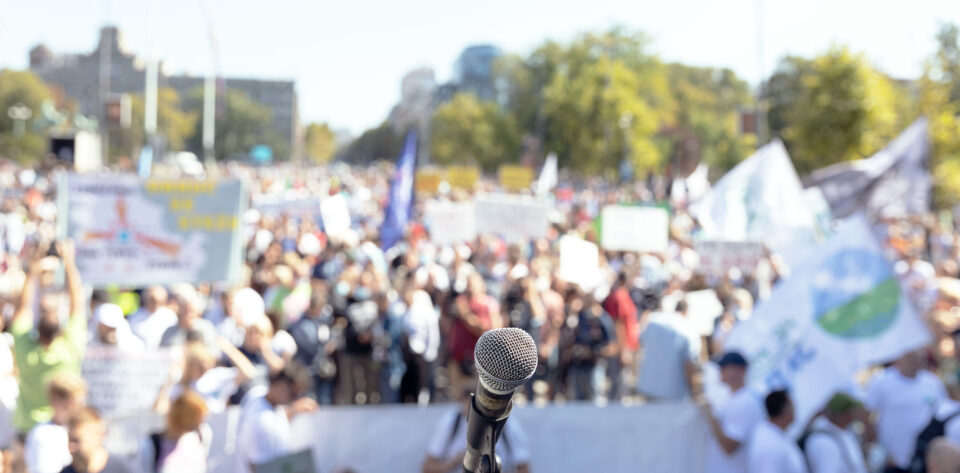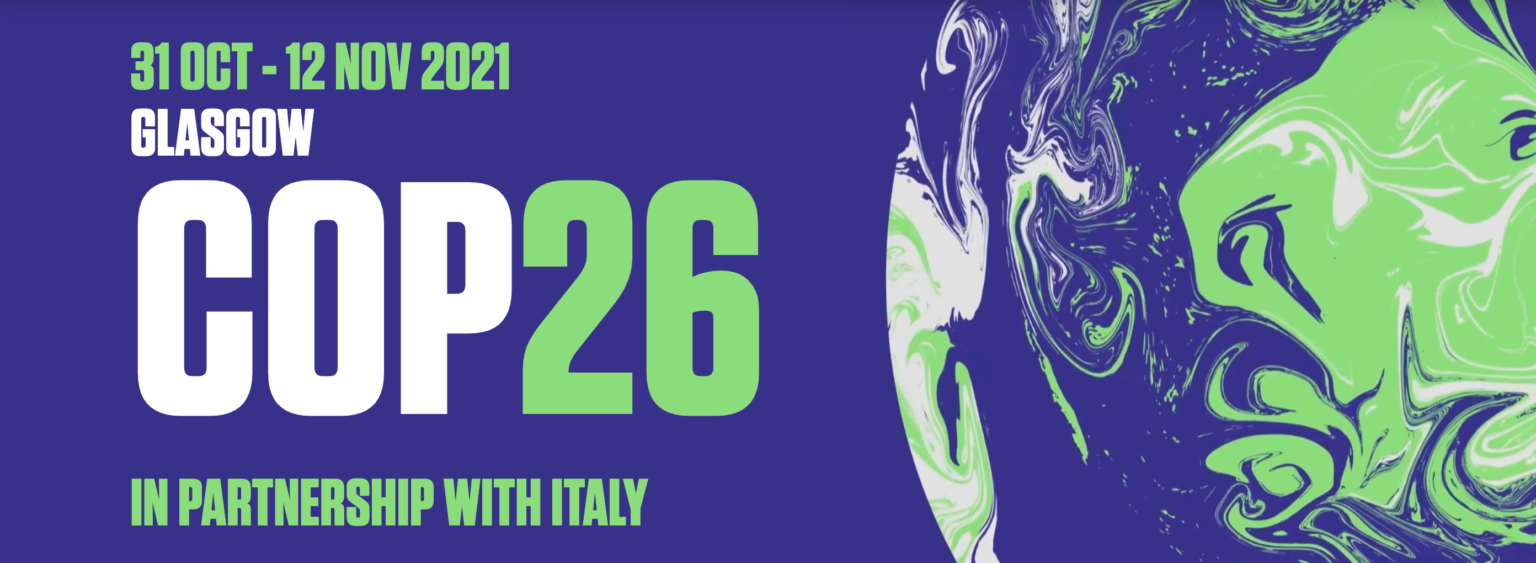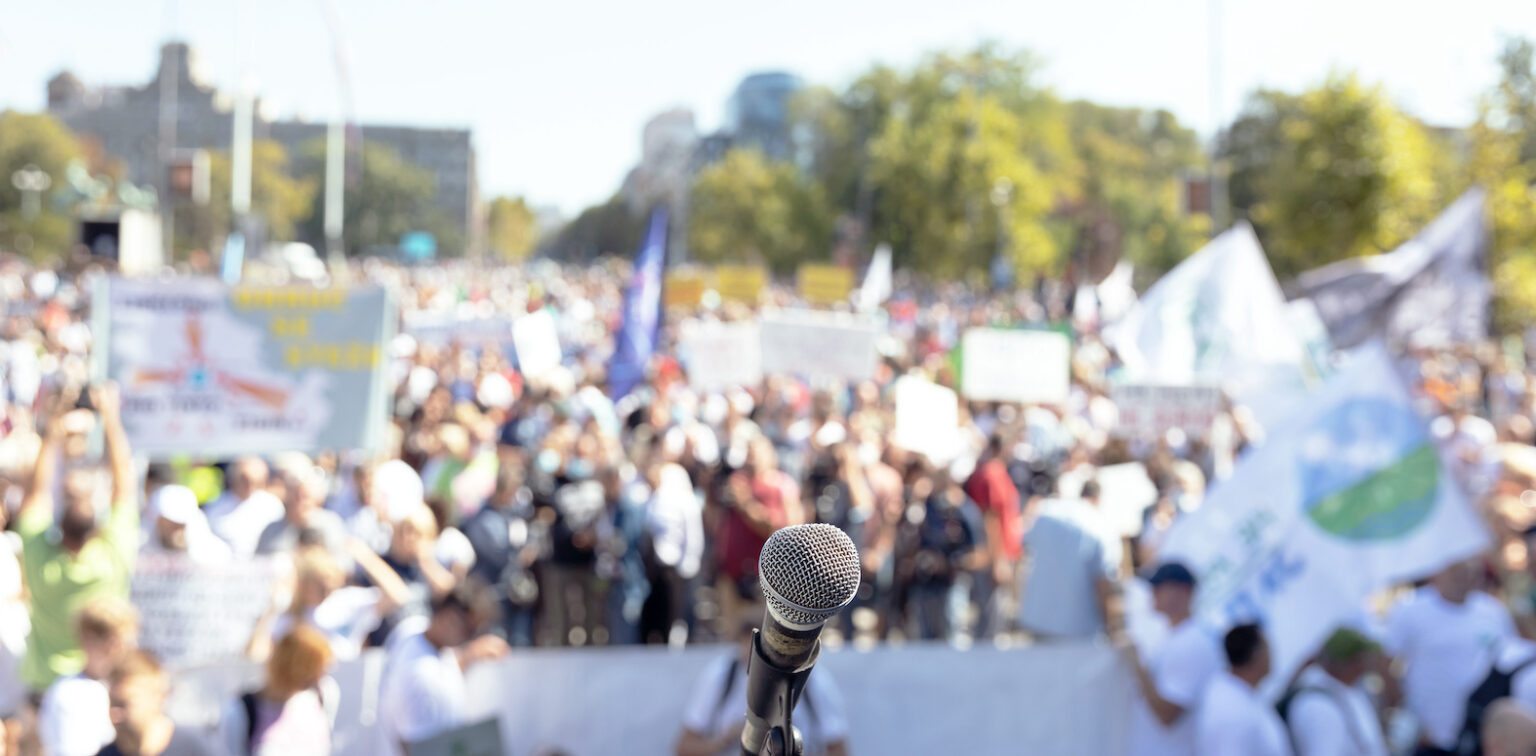Resources for Teaching COP26 Across the Curriculum

The COP26 (26th Conference of the Parties) UN Climate Change Conference, hosted by the UK in partnership with Italy, will take place from October 31st to November 12th, 2021 in Glasgow, Scotland. World leaders will come together to discuss the global impact of climate change and how nations might more effectively collaborate to address this challenge, now and in the future. As educators, we have the opportunity to bring understanding about this event into the classroom to teach not only about climate change but also about international politics, the UN SDGs, and student leadership across grade levels and disciplines.

However, while we know that we must help our students to be ready with the knowledge, skills, and dispositions to tackle this complex and interconnected problem; teaching about the impact of climate change can be challenging for a number of reasons. A 2019 NPR Study found that over half of the teachers in the United States never even mention climate change in their classes, despite the fact that 87% of teachers surveyed believe that climate change should be taught in schools and that 84% of parents surveyed agreed. Clearly, although the belief in the value of this teaching and learning is widespread, teachers still struggle to adequately develop and adapt curriculum and to navigate the varied aspects of teaching about the topic.
Additionally, we know that young people are already aware of and concerned about the multiple ways in which climate change will impact their future and that discussing the impact of climate change with students can be stressful and overwhelming for them, what The Washington Post has called “Eco-Anxiety”. Researchers at the University of Bath surveyed 10,000 students across 10 countries (including the UK, US, India, and Nigeria) in September 2021 and found that climate change is causing widespread, deeply felt anxiety amongst young people. According to a recent article on the study in Medical News Today, “survey respondents feel betrayed by governments that have so far failed to do enough to address the crisis and almost half said their worries about climate change are negatively affecting their daily lives.”
These studies underscore the essential role that educators can play in equipping and empowering students to take action on climate issues at school and in their local communities, even from a young age. This work cannot be left to science teachers alone, especially as the impact of climate change and what to do about it is a global challenge beyond any one discipline. When we collectively engage in teaching and learning about climate change throughout our schools, students develop a broad base of knowledge upon which to practice and exercise their developing skills around addressing climate change in small, attainable ways. This holistic and creative effort—described in this February 2021 article from The Brookings Institute—eventually decreases our overall human impact on the environment over time and ensures that future leaders keep environmental stewardship in focus no matter their careers.

The GEBG supports schools in their efforts to bring global issues, global perspectives, and global competencies into their students’ learning for every student, every year. One important way in which we pursue this goal is to curate resources to support educators as they work to connect their curriculum with global current events and teach about pressing global issues; to incorporate multiple perspectives from around the world; and to educate for global competency, including supporting their students in taking action. The following resources may be of use to educators from a variety of disciplines and who teach at different age levels as they discuss COP26 with their students, teach about climate change, and provide these young leaders with role models from around the world who are taking action on climate issues. Since the event is taking place in the UK, there are great resources being generated in that region of the world that may not be regularly on the radar of educators outside of Western Europe; consequently, we have chosen to highlight many of these resources in our curation below.
- The COP26 event website has lots of information about the event; this webpage outlines the 4 stated goals of the conference, including the much discussed goal of “Secure global net zero by mid-century and keep 1.5 degrees within reach.”
- The COP 26 Official Youtube Channel also features livestream and on-demand content.
- The United Nations event webpage has real-time updates, livestream, videos, documents, and resources; many of the materials are available in UN Languages English, Spanish, French, and Russian.
- The “Our Climate Our Future” COP26 Classroom Resources Pack was created by a consortium of expert organizations chaired by WWF’s office in the UK. Contributors include The Climate Coalition, Fairtrade Foundation, Oxfam, Global Action Plan, Christian Aid, Soil Association, Ashden, Young Climate Warriors, ZSL, Let’s Go Zero, and InterClimate Network. Included within each pack are resources to introduce and reinforce the significance of climate change, COP26, and the role of schools in shaping the future, with customised age-appropriate resources provided for different age groups from 7-16 years old.
- Some unique resources in these toolkits are the glossary, the classroom discussion cards for different age groups (these are the ones for ages 9-11), the “Letter to a Leader” writing activity templates for different age groups (this one is for ages 7-9), and reading comprehension articles/questions and persuasive writing prompts that would integrate well with many English curricula for ages 12-16.
- Resources from the BBC include lots of video content on Newsround, the BBC’s news service for kid-facing news content, including this overview of COP26. The general BBC Teach COP26 Webpage has numerous additional resources.
- “A Closer Look at COP26 According to a Kid” is a five-minute video explaining the event for primary-school students from Climate Change for Kids.
- “Gas or Electric? Thinking Algebraically About Car Costs, Emissions and Trade-offs” is a lesson and materials from The Learning Network of The New York Times.
- UNESCO’s “Learn from our planet: What you need to know” features videos of different perspectives of students, educators, and community leaders from around the world, suitable for high school age students.
- The BBC has a great video series for older middle-school and high-school students called Ade on the Frontline and has put together a series of clips in a useful format for use in classrooms. In the series, Ade Adeptian visits communities around the world on the frontlines of climate impact and profiles incredible community leaders working to mitigate the impact of climate change and innovate under incredibly challenging circumstances, often created by actions far from these communities.
- Pulitzer Center’s collection of stories on local impacts of climate change by their grantee journalists around the world include some articles in Spanish.
- The Choices Program at Brown University has a good curriculum unit for purchase on climate change, but the short videos that accompany this unit are free and available on their website. Of special interest might be the videos listed under “case studies” that highlight different impacts and responses in different regions of the world, with a lens toward climate justice.
Many of the resources in this article include ways to support student action. Providing students with authentic opportunities to take action can also provide teachers with methods in which to assess student learning.
- Lego is collecting student ideas for government leaders on climate issues, and they have provided lessons for educators to collect and submit ideas from younger students.
- For older students, Columbia University has this simple action-plan template that could be adapted by educators.
- Together for our Planet’s School Promise to the Planet Action Plan Template could be used by students or educators to think about how schools could be vehicles for climate action.
- This document from Education Scotland is a collection of resources for teaching about climate issues in primary school.
- This website contains a collection of projects and resources from UK educators focused on using COP26 as a vehicle for teaching and learning about climate.
- National Geographic has a resource page for educators on teaching climate change with activities, articles, and resources—including some great materials on mapping climate change.